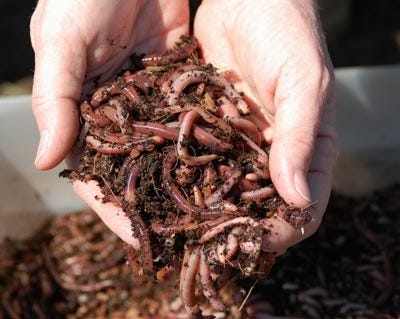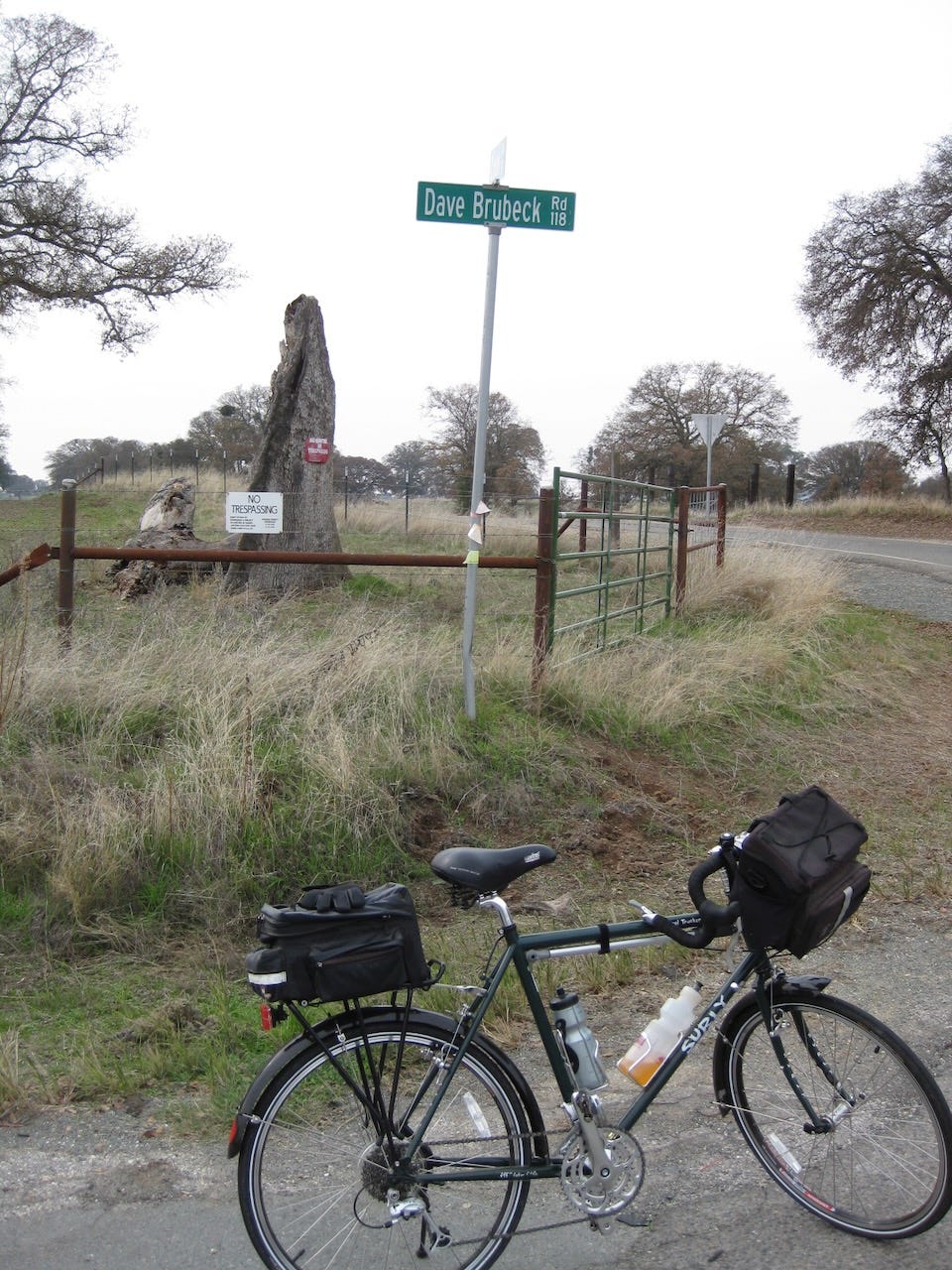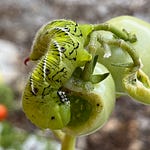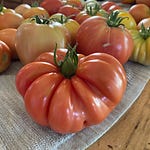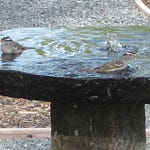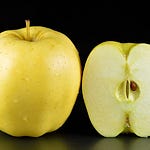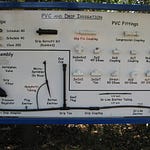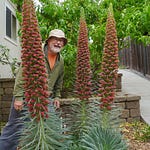In today’s newsletter podcast, we delve into the world of earthworms and red wrigglers with garden writer Amy Stewart, who authored the 2005 book, “The Earth Moved: On the Remarkable Achievements of Earthworms”. We recorded our chat back when the book was released, at her home (then) in Eureka, in northwest California.
But we’re not here on the printed page to praise earthworms (although they are highly deserving of it), but to discuss their close relatives, the red wigglers, an excellent worm for composting. And now for something NOT completely different:
From the Garden Basics e-mail bag, Don writes: “I discovered your podcast last week. Very interesting and cool stuff! I just retired at the end of last year and one of the items on my list of four, ‘To-Do’ items in retirement, is to create and maintain a backyard wildlife refuge with a focus on pollinators. On another note, my wife and I love sweet tea. We brew at least one pot per day, maybe two in the summer. What can we do with all the used tea bags?”
Don, as usual, I’ll get to the answer for your question in a roundabout way. To have a successful garden to attract pollinators, you need successful soil. One of the best soil amendments to add for happy plants are worm castings, also known as worm poop, or, more euphemistically, vermicompost.
According to Alameda County (CA) Master Gardener Judy Matthew: “Worm castings add beneficial bacteria to the compost which when spread around the garden, stimulates plant growth and can help protect plants against some diseases. The worm castings also help the compost-amended soil retain water.” You want more science about worm castings? Here you go.
However, better soil doesn’t come cheap when using bagged worm castings. The price of a one cubic foot bag of worm castings is approaching twenty dollars here in California. You may want to tack on a new “to-do” item for your pollinator garden, Don: vermicomposting. Raising worms, who feast on many kitchen scraps and paper goods will return the favor, giving you a soil amendment teeming with microbial activity, perfect for plant roots to enjoy. One of those kitchen scraps they enjoy just happens to be tea bags.
And don’t worry about the worms if you go on a three-week vacation. Give them some extra food before you leave and re-dampen the bedding. They won’t complain.
Worms do best at temperatures slightly less than room temperature. Putting them in a cool indoor room or basement is an excellent idea. Some enthusiasts keep a worm bin at work, near their desk or in the break room. If you maintain the right balance of food, the bins won’t smell, either.
Here are tips from the Sacramento County (CA) Master Gardeners here and here on starting and maintaining a worm composting bin. Some of those tips include:
• All you need to create worm castings is a worm box, bedding material, red wriggler worms (not earth worms) and food scraps.
• Bins can be purchased or homemade. Use a solid color (not clear) plastic storage box or a sturdy wooden box with a tight-fitting lid to keep out pests and protect your worms. If making your own bin, be sure to drill ¼-inch holes in the bottom to allow for drainage.
• Worms will not escape; they dislike light and will migrate toward the center of the box.
• A commercial vermicomposting system that features stackable bins take up a house-friendly smaller footprint, perhaps 24 by 24 inches.
• Moistened, shredded newspaper or corrugated cardboard, shredded leaves, purchased pine shavings, or coconut fiber (coir) bedding provides worms with a balanced diet as well as a damp, aerated place to live.
• Always keep the bedding as moist as a wrung-out sponge.
• Place the worm bin in the shade or indoors. The best temperature range for thriving worms is between 55° and 75°F.
• Worms love most fruits and vegetables, used tea bags, used coffee grounds and filters. Do not feed them animal products, dairy, onions, or processed foods. Limit citrus peels to less than 20% of the food. You’ll soon figure out what they’ll eat and what they’ll ignore.
• Chopping the food into small pieces, one inch or less in size, will speed up the composting process.
• To avoid fruit flies and odors, cover the food with at least one inch of bedding.
• Use red wigglers or red worms, NOT earthworms or certain “fishing worms” such as Alabama jumping worms. Red wigglers can be purchased at some better nurseries, worm farms, and fishing supply stores.
• The castings are ready when they are dark and fine in texture. Separate the worms from the castings. Place the worm castings in your garden bed before planting. Work the castings lightly into the soil with a rake. Cover with mulch or compost.
The Sacramento County Master Gardeners have a great vermicomposting display area at the Fair Oaks Horticulture Center, which is open one day per month to the public. The next Open Garden Day will be on Saturday, March 11, from 9 am to noon.
Thank you for listening to the Garden Basics with Farmer Fred podcast! It’s available wherever you get your podcasts. Please share it with your garden friends.
Fred Hoffman is also a University of California Cooperative Extension Master Gardener in Sacramento County. And he likes to ride his bike.



